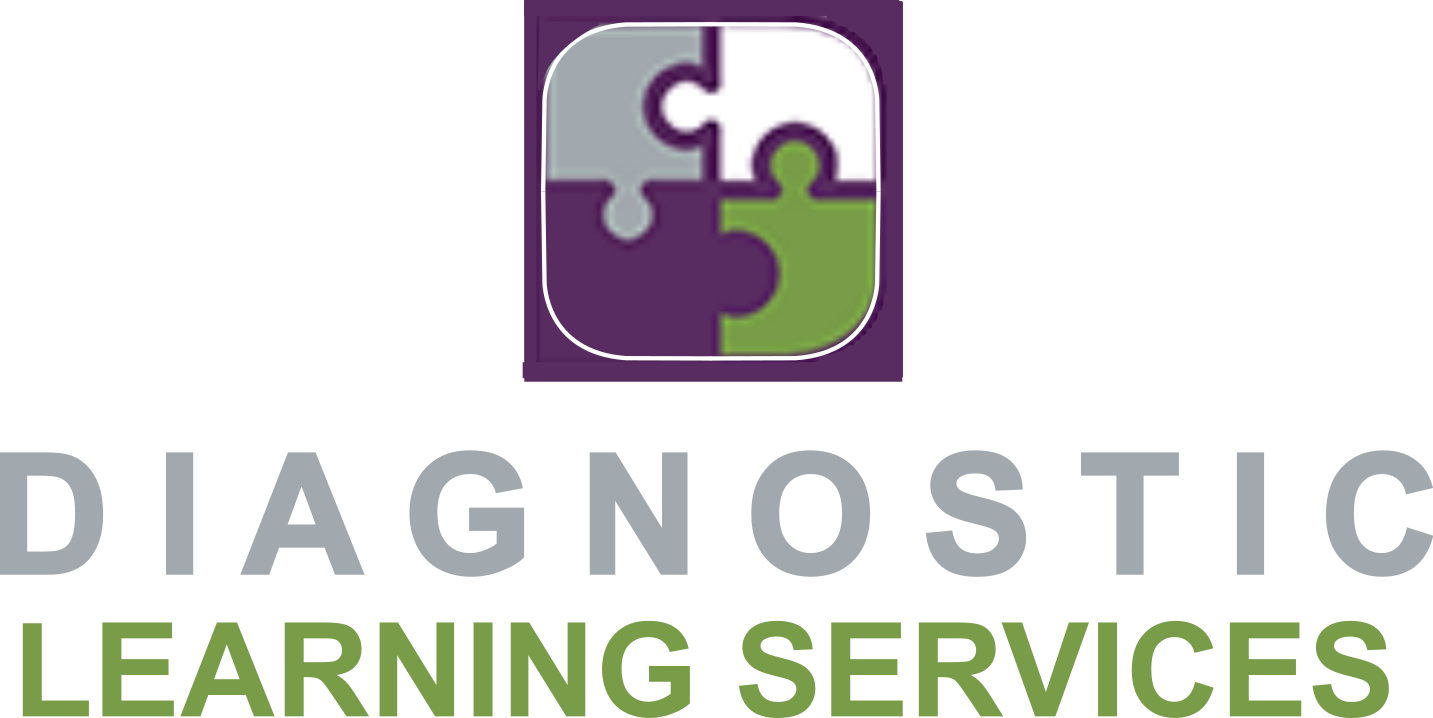Back to School Preparations for Parents of Children with Disabilities
Preparing for the new school year can be especially important for parents of children with disabilities. Here are some tips to help ensure a smooth transition:
Review the IEP or 504 Plan:
Update the Plan: Review your child’s Individualized Education Program (IEP) or 504 Plan to ensure it reflects their current needs. If there have been changes over the summer, request a meeting with the school to update the plan.
Communicate with Teachers: Reach out to your child's teachers and support staff before the school year begins to discuss the IEP or 504 Plan. This ensures that everyone is on the same page and prepared to implement necessary accommodations.
Gather Documentation:
Medical Records and Evaluations: Make sure you have current medical records, therapy evaluations, and any other relevant documentation ready to share with the school if needed.
Medication Management: If your child takes medication during the school day, ensure that the school nurse has up-to-date instructions and the necessary medications.
Organize Supplies and Materials:
Specialized Supplies: If your child requires specialized tools or materials, such as adaptive writing instruments, communication devices, or sensory items, make sure these are ready and labeled with your child’s name.
Organizational Tools: Help your child stay organized by providing tools like color-coded folders, planners, or visual schedules that align with their IEP or 504 Plan accommodations.
Prepare Your Child:
Visit the School: If possible, visit the school with your child before the year starts. Familiarize them with their classroom, the location of bathrooms, and other key areas. This can reduce anxiety about new environments.
Social Stories or Visual Schedules: Use social stories or visual schedules to help your child understand what to expect when school starts, especially if they have difficulty with transitions.
Plan for Transportation:
Discuss Transportation Needs: If your child requires special transportation, confirm these arrangements with the school district well in advance. Make sure the driver and bus aide are aware of any special needs or concerns.
Practice the Routine: If possible, practice the morning routine and the route to the bus stop or school to help your child become comfortable with the process.
Set Up Communication Channels:
Create a Communication Log: Set up a system for daily or weekly communication with your child's teachers, such as a communication log or email updates, to stay informed about your child’s progress and any issues that arise.
Meet the Support Team: Make sure you know who will be working with your child, including teachers, aides, therapists, and other support staff. Establishing a relationship early on can facilitate better support.
Prepare for Emergencies:
Emergency Plans: Ensure the school has a clear plan for any emergencies that take into account your child’s specific needs. This might include evacuation plans or medical action plans.
Identify Key Contacts: Make sure the school has up-to-date emergency contact information and that you know who to contact at the school if an issue arises.
Support Emotional Well-Being:
Discuss Expectations: Talk to your child about the upcoming school year, addressing any concerns they might have. Be positive and reassuring, emphasizing the support they will receive.
Monitor Stress Levels: Keep an eye on your child’s emotional well-being, especially in the first few weeks of school. If they seem overly stressed or anxious, consider additional support like counseling.
Involve Your Child in Preparations:
Let Them Choose Supplies: Involving your child in picking out school supplies or clothes can help them feel more excited and involved in the back-to-school process.
Discuss Goals: Talk with your child about their goals for the school year and how they can work towards them, building a sense of ownership and motivation.
Stay Informed and Engaged:
Know Your Rights: Be familiar with your child’s rights under IDEA (Individuals with Disabilities Education Act) or Section 504, so you can advocate effectively for their needs.
Join Parent Groups: Consider joining a parent support group or the school’s special education parent advisory council to connect with other parents and stay informed about school policies and resources.
By taking these steps, you can help ensure that your child with disabilities has a successful and positive start to the new school year.
